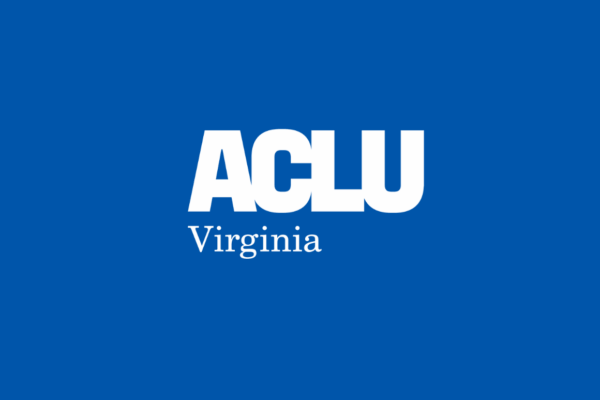The following statement can be attributed to Executive Director Mary Bauer:
“Today I watched with great joy the removal of two Confederate statues long located in downtown Charlottesville, my home for more than 20 years. The planned removal of the statues – delayed because of court rulings – spurred thousands of white supremacists to come to town during the summer of 2017.
“The effort to remove the Robert E. Lee statue was led by a courageous Black high school student, Zyahna Bryant. When she was 15 years old, and in her first year at Charlottesville High School, she created a petition to remove the monuments. In her petition, she wrote: “As a teenager in Charlottesville that identifies as black, I am offended every time I pass it. I am reminded over and over again of the pain of my ancestors and all of the fighting that they had to go through for us to be where we are now.”
“The statue of Robert E. Lee was erected in 1924, in what was then known as Lee Park, during a two-day gathering of the Sons of the Confederacy. Stonewall Jackson’s monument was erected nearby – also in the 1920s – on land stolen from Black owners seven years earlier. When these monuments were erected, the Ku Klux Klan was experiencing a resurgence and lawmakers were mandating segregation.
“Charlottesville continues to grapple with systemic racism. Black residents are nine times as likely to be stopped by the police as white residents. Black students are more than six times more likely to be suspended than white students, leaving Charlottesville in the top quartile of Virginia school systems for racial disparities in suspensions.
“We know that Charlottesville, like the Commonwealth and our nation, has much work to do to dismantle systems of white supremacy. Still, for today, this one day, we can celebrate this small step: Two symbols of white supremacy are gone. These towering statues have sat for a century on government property and have long sent the message to Black residents that they do not belong.
“Today, we celebrate. Tomorrow, we get back to work.”
Stay Informed
Sign up to be the first to hear about how to take action.
By completing this form, I agree to receive occasional emails per the terms of the ACLU’s privacy statement.
By completing this form, I agree to receive occasional emails per the terms of the ACLU’s privacy statement.

